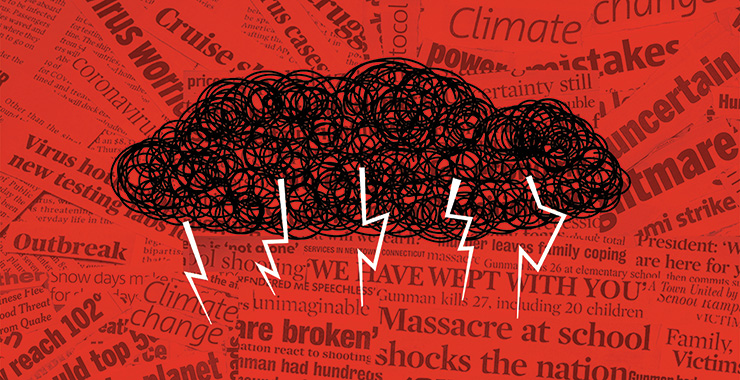The journalism industry has long been associated with high stress, tight deadlines, and exposure to traumatic events. In 2025, the conversation around mental health in journalism is gaining momentum, fueled by growing awareness of the toll that this demanding profession takes on individuals. Studies show that nearly 70% of journalists report experiencing burnout, anxiety, or PTSD-like symptoms, highlighting the urgent need for systemic change.
Media organizations are beginning to take mental health seriously, offering resources such as therapy sessions, peer support groups, and flexible work arrangements. For instance, some newsrooms have introduced “mental health days,” allowing employees to take time off without fear of judgment or professional repercussions. However, the stigma around seeking help remains a significant barrier, particularly in an industry that often glorifies resilience and toughness.
Prominent journalists like Rachel Kim have started sharing their mental health struggles, using their platforms to normalize conversations about emotional well-being. Social media campaigns and panel discussions on mental health in journalism are helping to break down taboos, encouraging more professionals to seek the support they need.
Despite these positive steps, systemic challenges persist. The culture of overwork, the prevalence of freelance contracts without benefits, and the relentless pressure to deliver breaking news all contribute to the mental health crisis in journalism. Addressing these issues will require a collective effort from media organizations, industry leaders, and journalists themselves. As the industry learns to prioritize the well-being of its storytellers, it will not only create healthier work environments but also ensure the sustainability of quality journalism.

